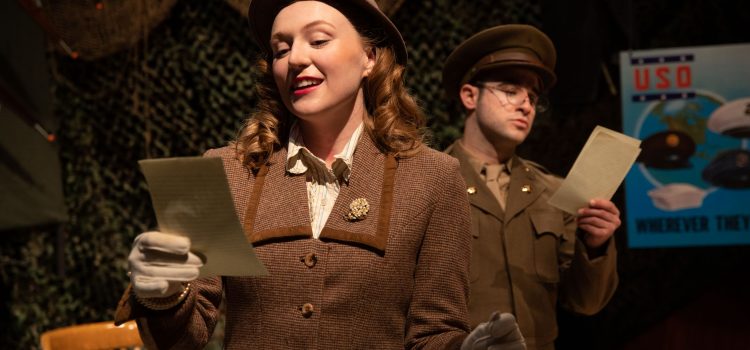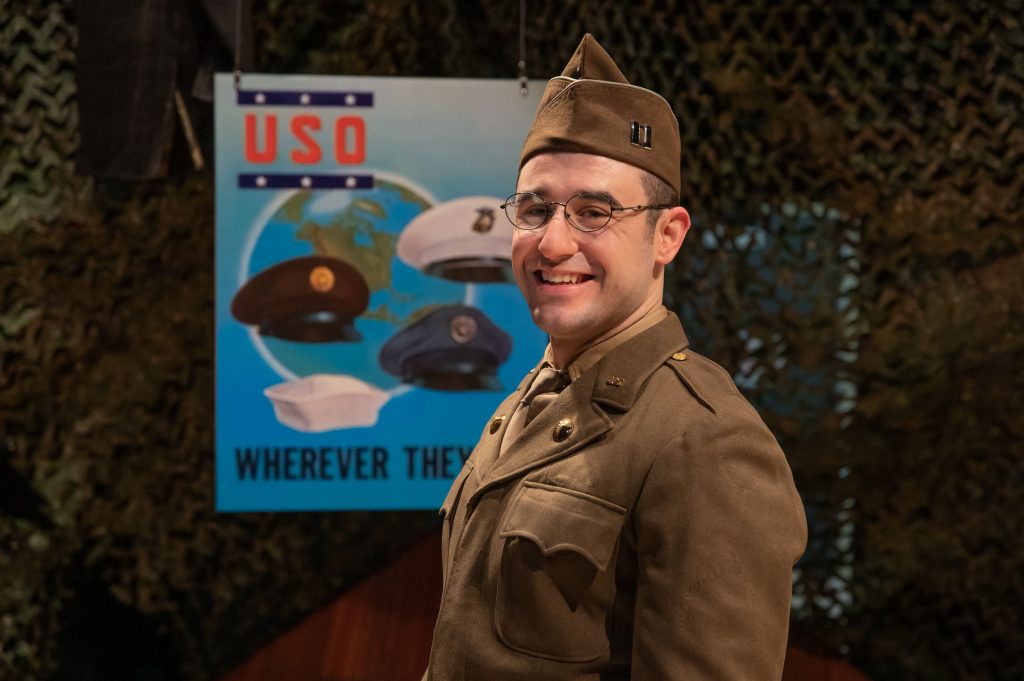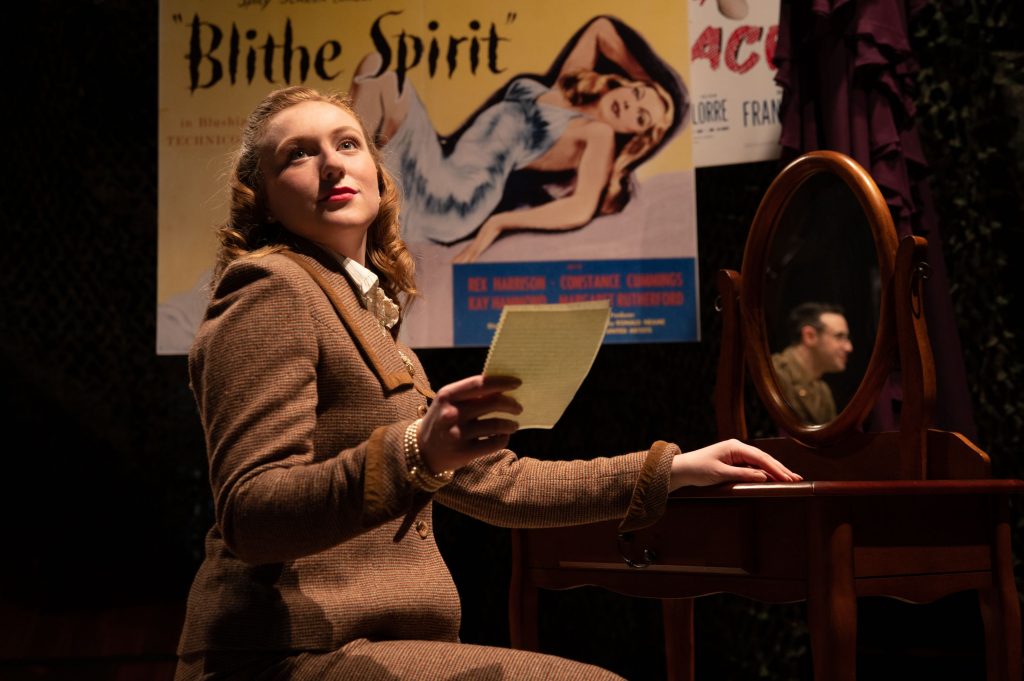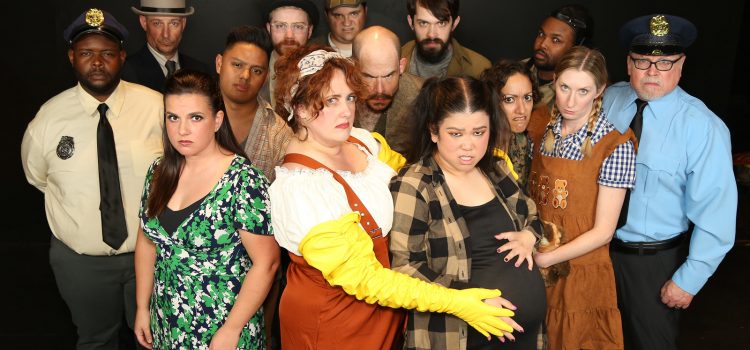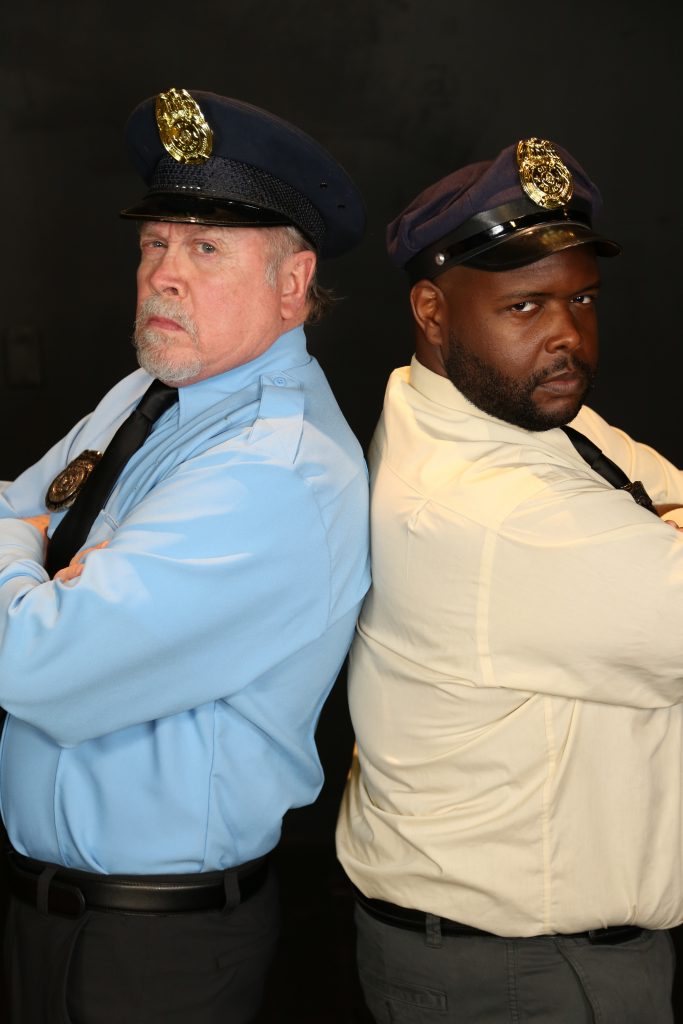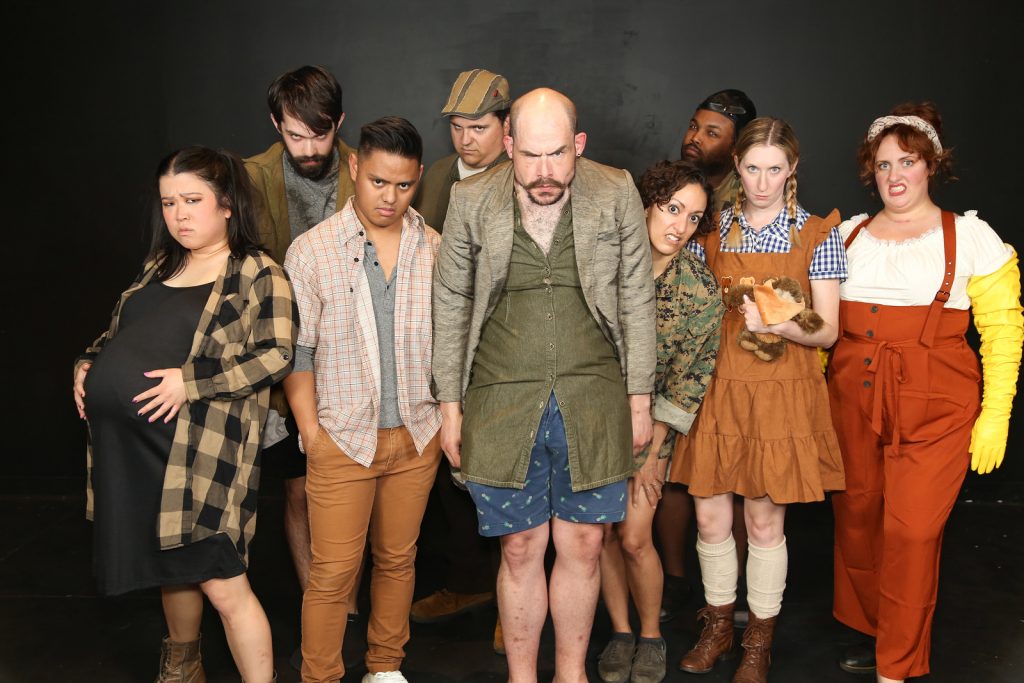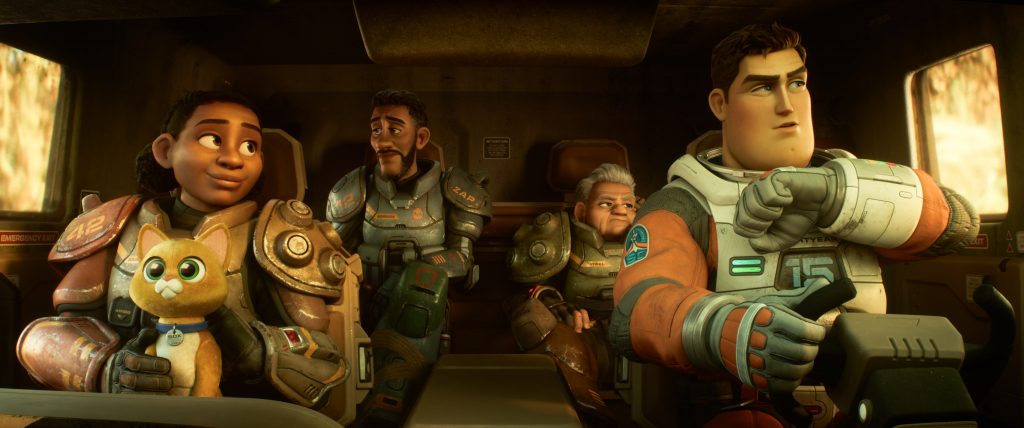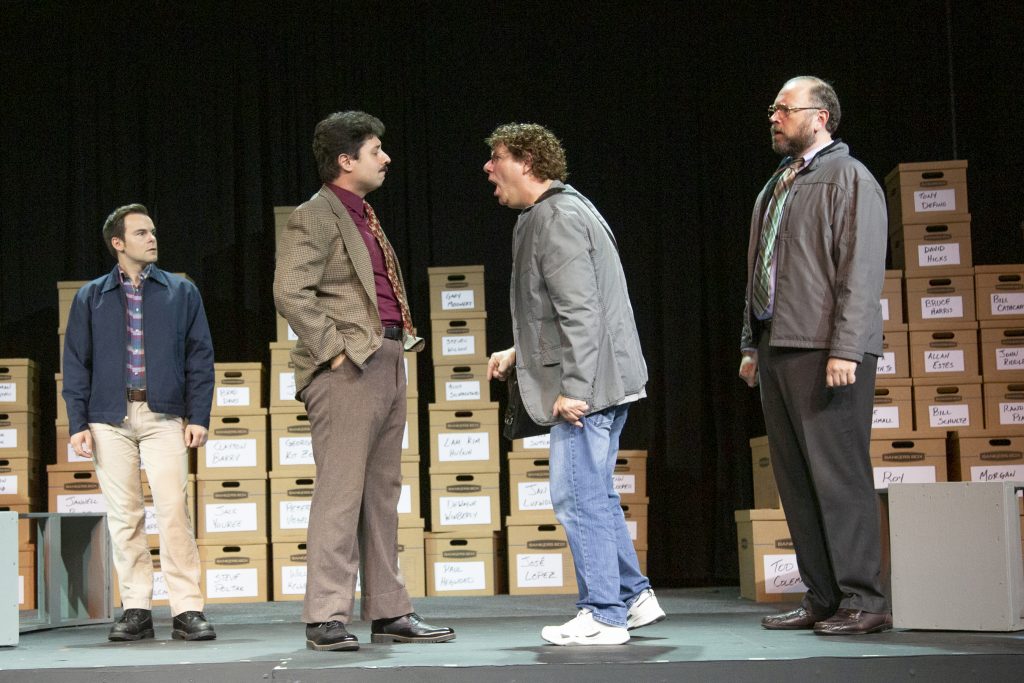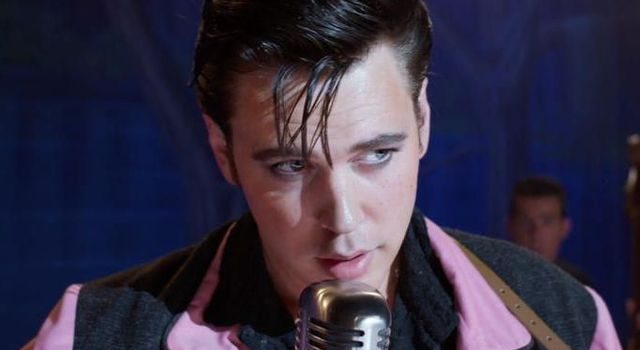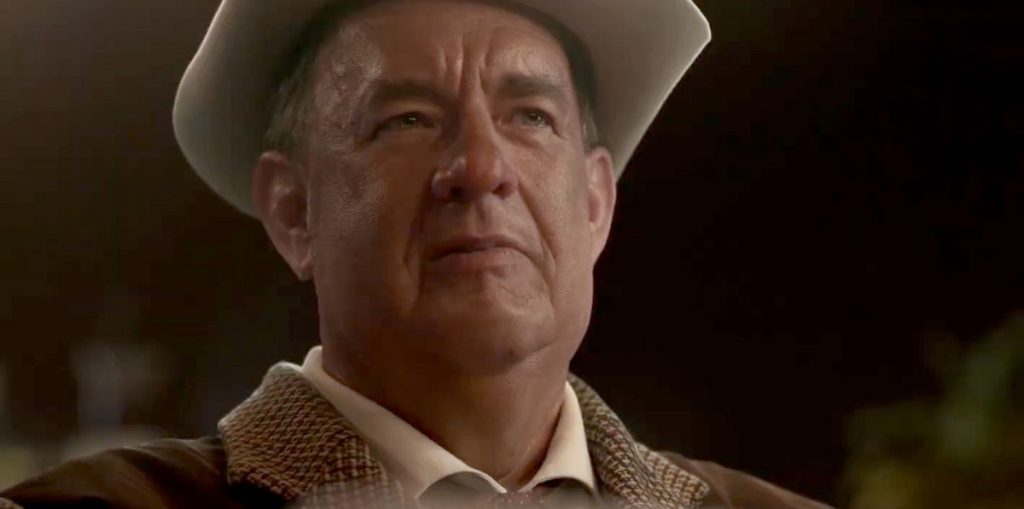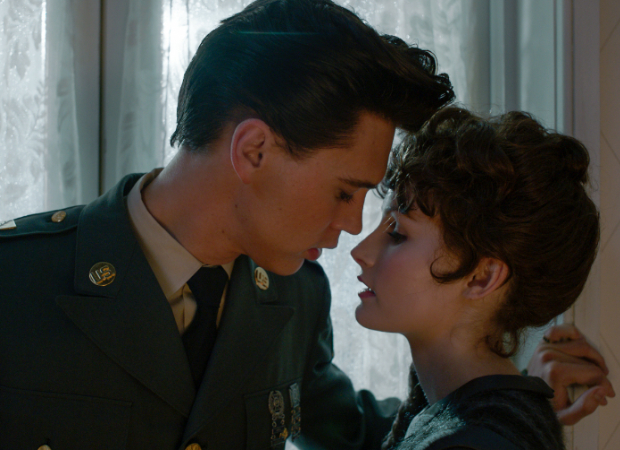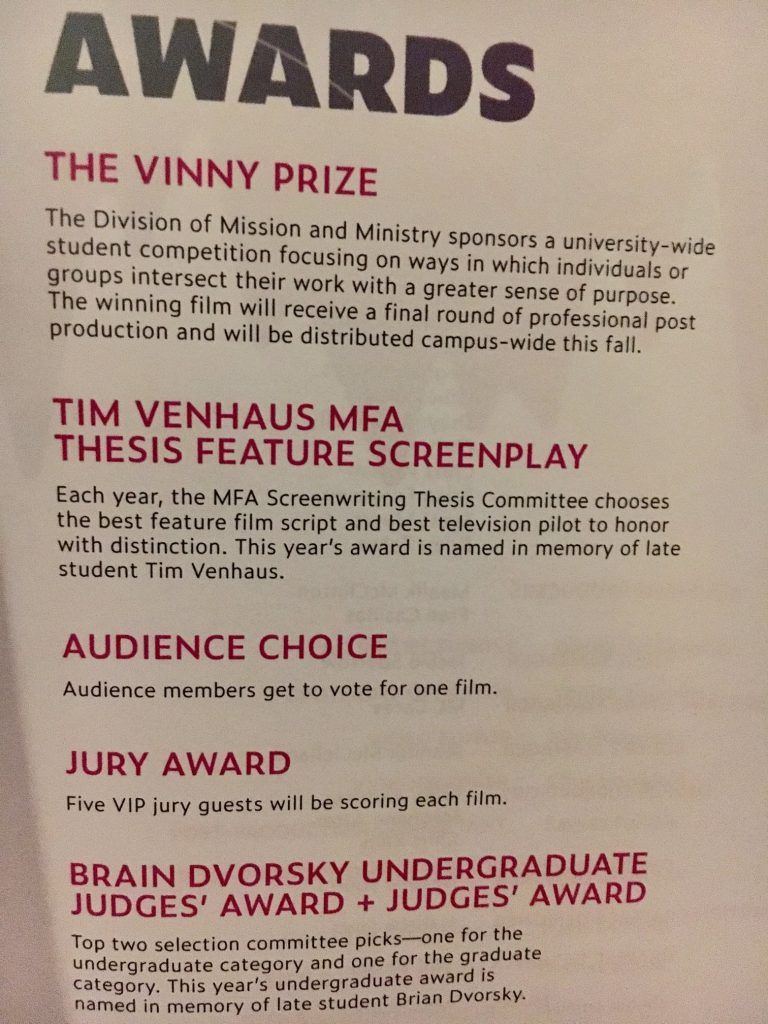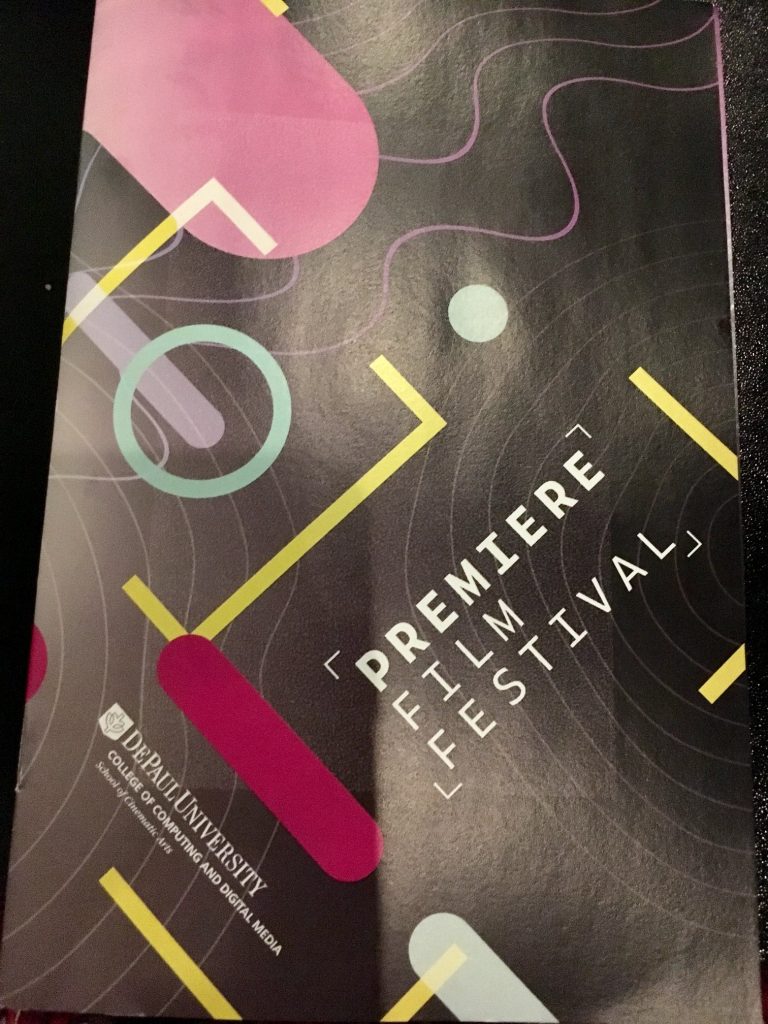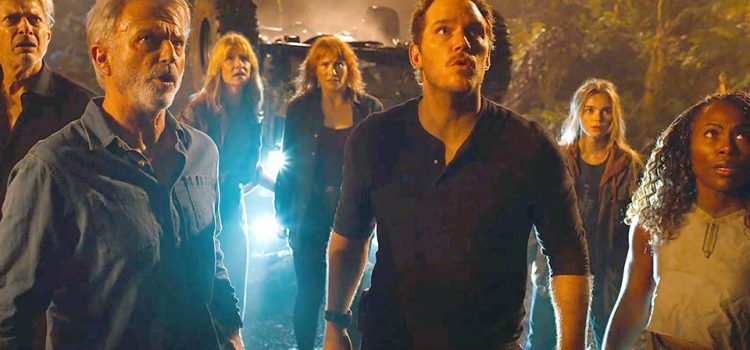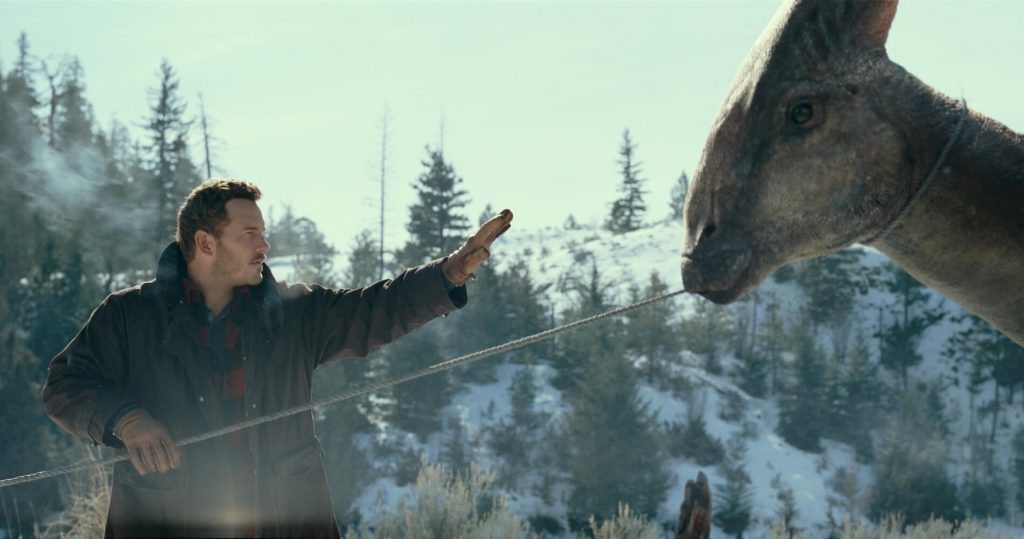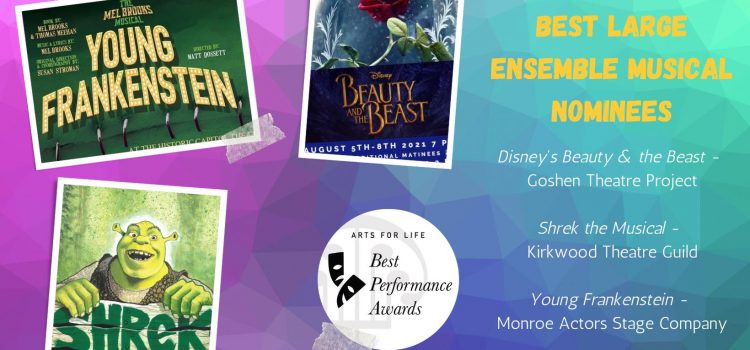22nd Annual Whitaker St. Louis Filmmakers Showcase
Dates: Screenings held July 15-17 and 22-24, 2022
Tickets: Individual tickets are $15 for general admission, $12 for Cinema St. Louis members and students with valid and current photo IDs
Locations: All film screenings take place at Washington University’s Brown Hall, Forsyth & Skinker boulevards; the legal-issues master class is held at the offices of Capes Sokol law firm, 8182 Maryland Ave., 15th Floor; the closing-night party is held at Blueberry Hill’s Duck Room, 6404 Delmar Blvd.
Passes: 5-film passes are available for $60, $50 for CSL members; all-access passes are available for $135, $105 for CSL members
Ticket and Pass Purchase: cinemastlouis.org/st-louis-filmmakers-showcase
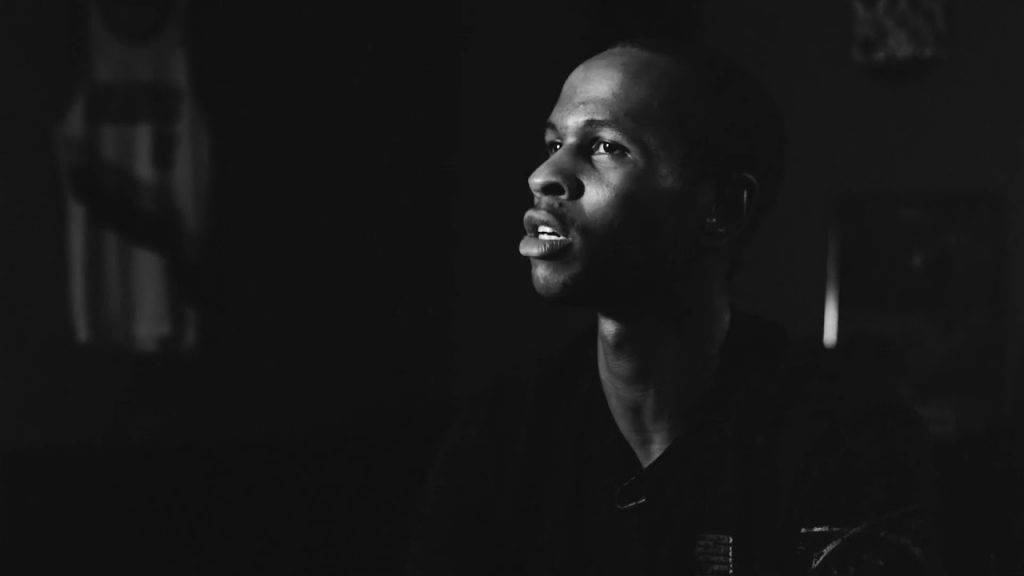
Whitaker SLFS Annual Presentation
The Whitaker St. Louis Filmmakers Showcase, an annual presentation of the nonprofit Cinema St. Louis (CSL), serves as the area’s primary venue for films made by local artists. The Showcase screens works that were shot in the St. Louis region or were written, directed, or produced by St. Louis-area residents or by filmmakers with strong local ties who are now working elsewhere.
The Showcase’s 14 film programs range from narrative and documentary features to multi-film compilations of fiction, experimental, and documentary shorts. Feature programs include Q&As with filmmakers. In addition to the film programs, this year’s event includes four free master classes focused on key aspects of filmmaking.
All film programs screen exclusively at Washington University’s Brown Hall. Three of the master classes are presented as livestreams at specific times/dates during the Showcase, with the legal-issues master class offered both in person at the offices of Capes Sokol and as a livestream.
The July 24 closing-night awards presentation will take place in the Duck Room at Blueberry Hill from 7-11 PM, with awards announcements at 9 PM. Announced during the event will be nearly two dozen Showcase jury awards — including a $500 prize to the overall Best Showcase Film. Cinema St. Louis staff will also announce the films that will move on to the 31st Annual Whitaker St. Louis International Film Festival in November.

The 63 films and four master classes in this year’s Showcase include the following:
- All Gone Wrong: Josh Guffey’s electrifying crime drama, which stars Tony Todd (“Candyman”), premiered at the 2021 St. Louis International Film Festival.
- Animated and Experimental Shorts: Nearly a dozen animated and experimental works are presented in a colorful shorts program.
- Doc Shorts: An illuminating and thoughtful documentary-short program features a wide range of stories and subjects.
- Master Classes: A series of four free master classes — featuring filmmakers and industry professionals — focus on key aspects of filmmaking: Missouri Stories Lab, Editing, Development and Legal Issues.
- Narrative Shorts: Five eclectic narrative-short programs include comedies, dramas, supernatural films, and thrillers.
- A New Home: Showcase alum Joe Puleo (“America’s Last Little Italy”) returns with this examination of the ’90s Bosnian war, genocide, and subsequent mass diaspora settling in St. Louis.
- Night Life: Seth Ferranti spent several years filming and editing this riveting documentary about the outreach of the Rev. Ken McKoy, whose Night Life ministry patrols the city’s North Side on a mission to address issues of mental health, gun violence, and drug abuse.
- Poetry in Motion: St. Louis Poets Take the Mic: Dana Christian directed this insightful documentary on the local poetry scene.
- Un-resolved: Multi-hyphenate Bruce J. Cunningham directed, wrote, edited, produced, and co-starred in this epic tale of revenge and violence.
- Winemaking in Missouri: Catherine Neville (“tasteMakers” on Nine Network) co-directed this juicy and informative overview of the history of wine production in the Show-Me State.
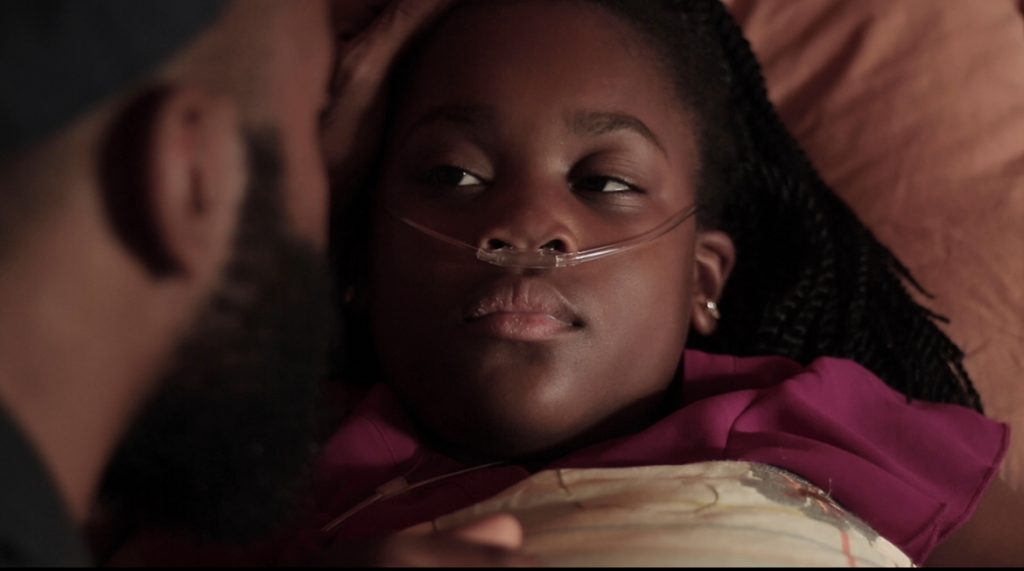
The Whitaker Foundation again serves as the Showcase’s title sponsor. The foundation’s twofold mission is to encourage the preservation and use of parks and to enrich lives through the arts. The Chellappa-Vedavalli Foundation is underwriting both the Showcase’s master classes and the $500 prize for the Best Showcase Film.
The event’s other sponsors include Capes Sokol, EditMentor and EditStock, Missouri Arts Council, Missouri Film Office, NOW Talent Management, Regional Arts Commission, St. Louis Public Radio, TalentPlus, and Urban Chestnut Brewing Co.
Instagram: @stlfilmshowcase Twitter: @stlfilmshowcase Facebook: @STLFilmmakersShowcase
For more information, the public should visit cinemastlouis.org.
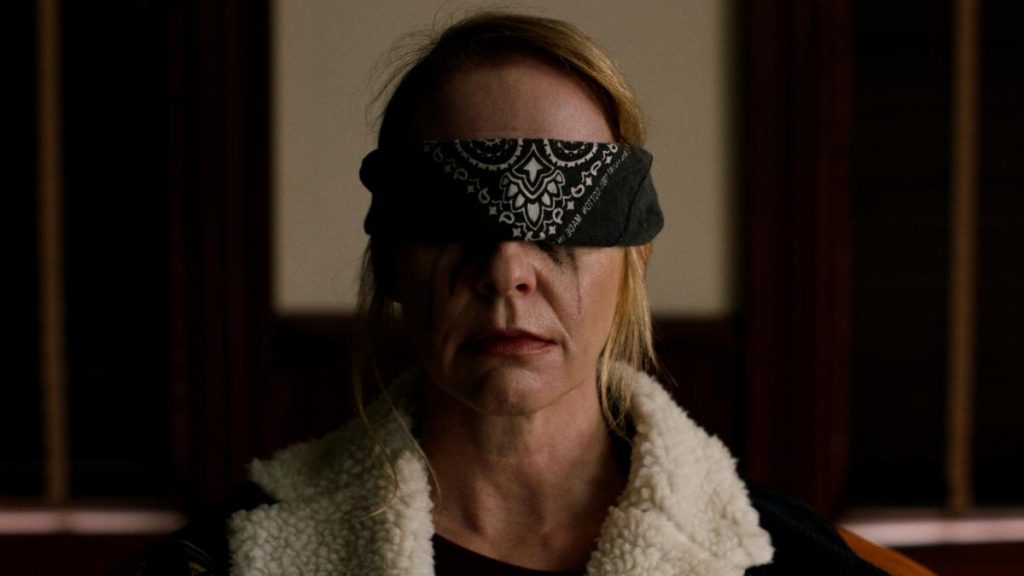
Cover Photo of documentary “A New Home”

Lynn (Zipfel) Venhaus has had a continuous byline in St. Louis metro region publications since 1978. She writes features and news for Belleville News-Democrat and contributes to St. Louis magazine and other publications.
She is a Rotten Tomatoes-approved film critic, currently reviews films for Webster-Kirkwood Times and KTRS Radio, covers entertainment for PopLifeSTL.com and co-hosts podcast PopLifeSTL.com…Presents.
She is a member of Critics Choice Association, where she serves on the women’s and marketing committees; Alliance of Women Film Journalists; and on the board of the St. Louis Film Critics Association. She is a founding and board member of the St. Louis Theater Circle.
She is retired from teaching journalism/media as an adjunct college instructor.


